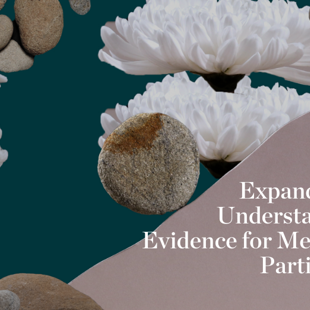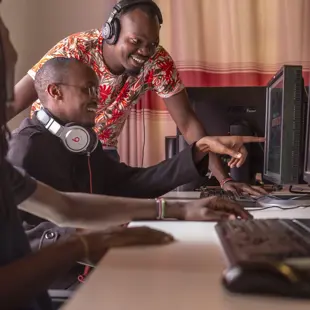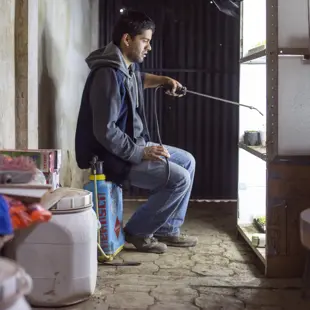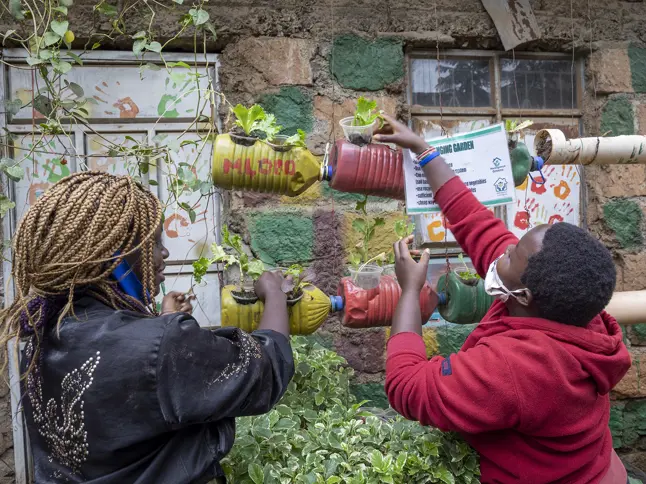Latest
Stories and Insights
-

- Story
How Maria is cultivating change in Brazil’s Cerrado
- Earth
- Regenerative Agriculture
- Latin America
-

- Story
Sirazul's story: From statelessness to strength
- Society
- People on the Move
- Europe
-

- Story
Amir's story: 'We move, we build, we contribute, we dream'
- Society
- People on the Move
- Europe
-

- Story
Chantal's journey from refugee to resilient educator
- Education
- Children in Displacement and on the Margins
- Africa
Lessons and Research
-

- What works
INVEST: The process and toolkit for unleashing SME banking
- Argidius
- Global
-

- Evaluations and mappings
Understanding the effectiveness of participatory approaches in philanthropy
- Philanthropy
- Global
-

- What works
When, how and who accelerators accelerate: 10 years of findings
- Argidius
- Global
-

- Evaluations and mappings
SMEs in food systems
- Argidius
- Global

